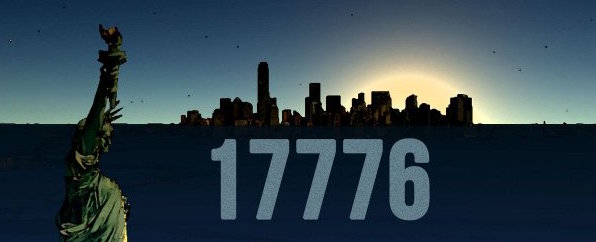If you read Hannah Anderson’s Humble Roots a few days before reading Jon Bois’s “17776” you’ll experience a kind of whiplash. Anderson’s book is about gratitude and exploring the ways that creation teaches us about God, about ourselves, and about virtue. Bois’s story is about dealing with the ennui that exists in a world where most limitations have been transcended and, most notably, the limitations imposed by mortality: It is set in the year 17776. In 2026, human being stopped giving birth and stopped dying. No one knows why. It just happened. 15,000 years later, many humans have decided to use their time to play long, complicated games of football because, well… why not?
Login to read more
Sign in or create a free account to access Subscriber-only content.
Topics:
